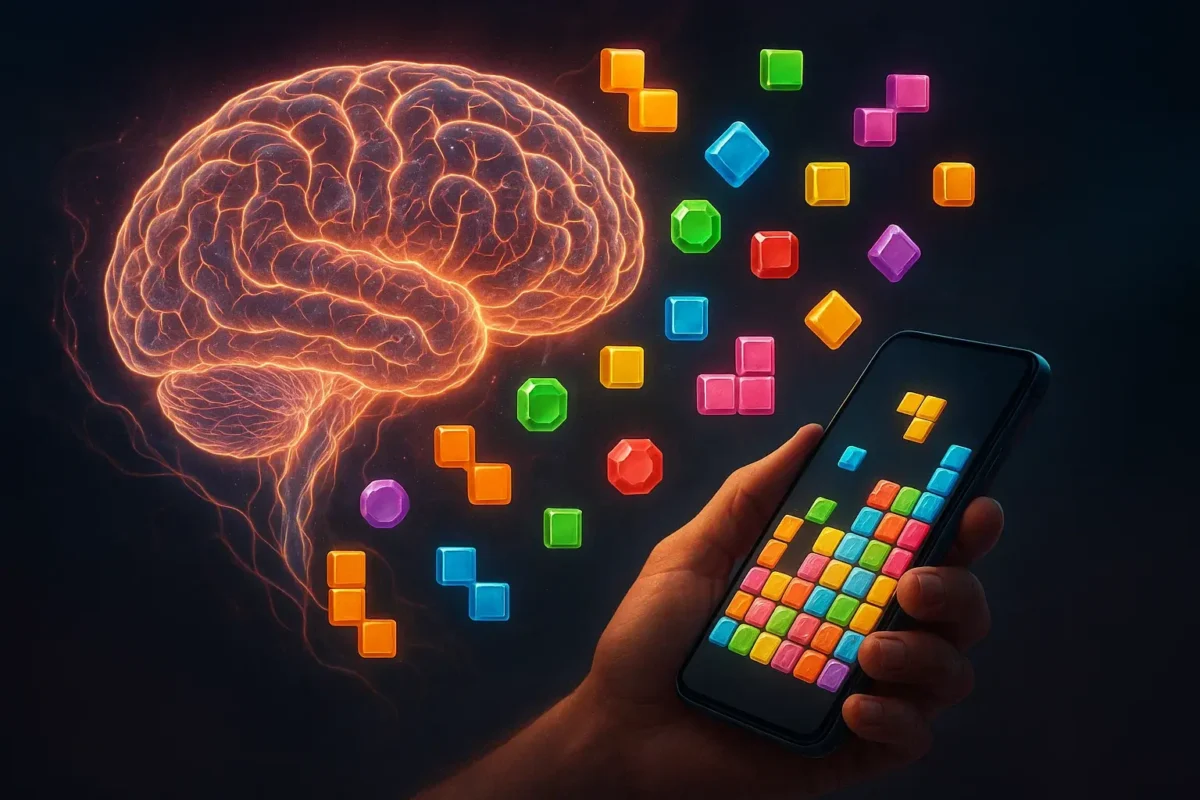I’ve played games for 15 years already, and puzzle games have this strange hold over me that shooters and RPGs never captured.
Perhaps you will, because when you finally do solve a really difficult puzzle, your brain does this little victory dance that’s the best thing ever.
Or maybe I just enjoy the feeling of being clever for five minutes.
Either way, 2025 has been a crazy year for puzzle games. I mean games that kept me up too late and games that my non-gaming friends wanted to play, too.
Yep, it’s been one of those years.
The Game That Wrecked My Sleep Patterns
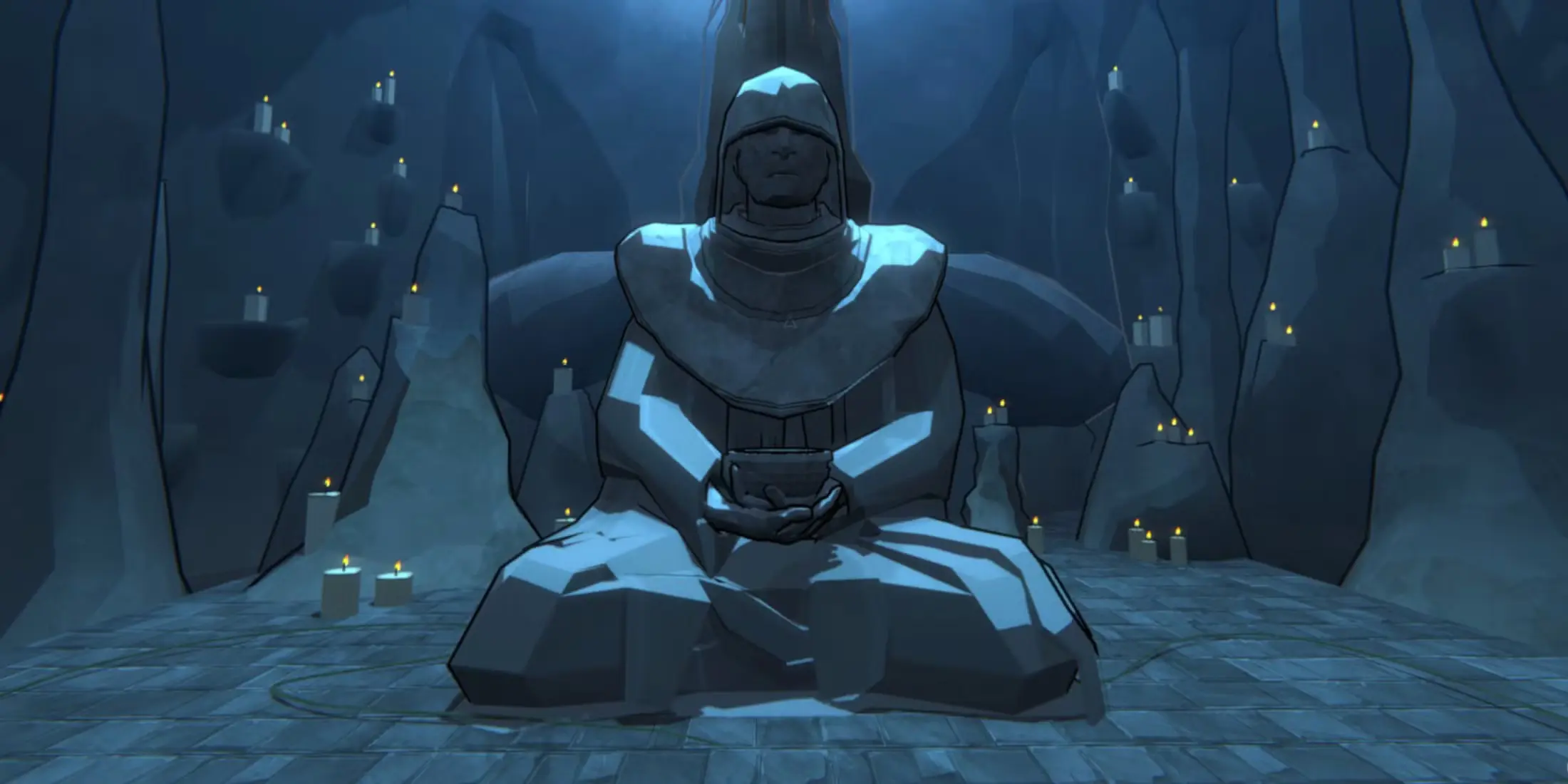
Blue Prince…how could I even begin to describe this one?.
This game is sneaky. It starts off looking like your typical indie puzzle thing, but then it hits you with this story that actually matters.
The puzzles aren’t just random brain teasers, they’re part of the world, part of the narrative.
When you solve them, you’re not just moving blocks around, you’re uncovering secrets.
The crazy thing about Blue Prince is how it respects your intelligence.
It doesn’t hold your hand or give you obvious hints. It trusts you to figure things out, which feels pretty rare these days.
Monument Valley 3: Art That Happens to Be a Game
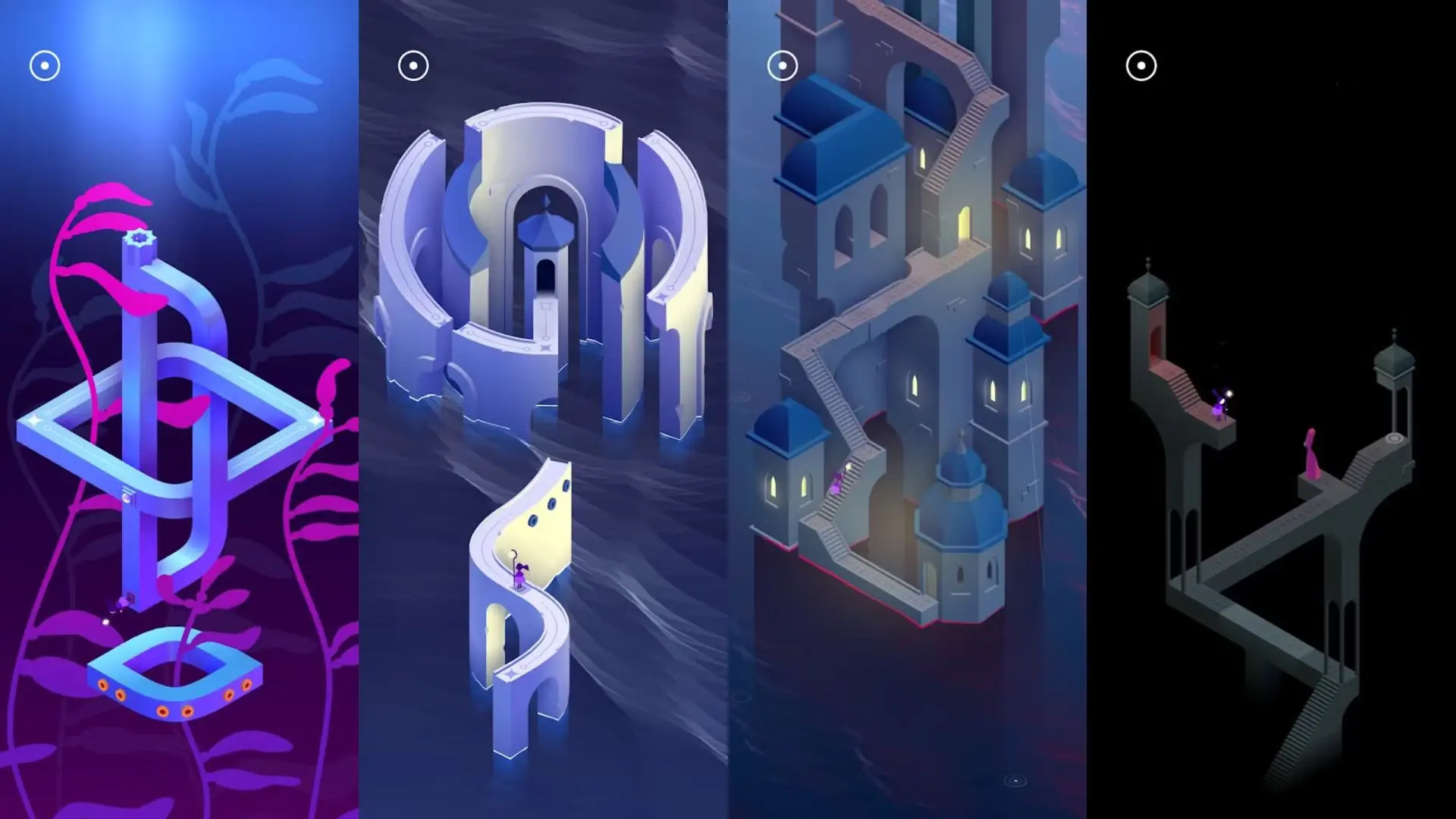
Okay, so I’ve played the first two Monument Valley games probably a dozen times each.
They’re gorgeous, they’re clever, and they make me feel like I’m manipulating impossible architecture.
The third one? It’s all that but somehow even more beautiful.
I was playing it on the train last week, and this lady sitting next to me kept glancing over at my screen. Finally she goes, “Is that a game or some kind of art app?”
That’s Monument Valley 3 in a nutshell, it’s so pretty that people think you’re just looking at digital art.
The new mechanics they added are brilliant. There’s this thing where you can rotate entire sections of the world, and watching the shadows shift and the perspective change is just… chef’s kiss.
But here’s what I love most about it, the puzzles feel organic.
They’re not just obstacles thrown in your way. They flow naturally from the world and the story.
Plus, the sound design is incredible. I always play with headphones because the audio cues are part of the puzzle-solving experience.
Tetris Effect
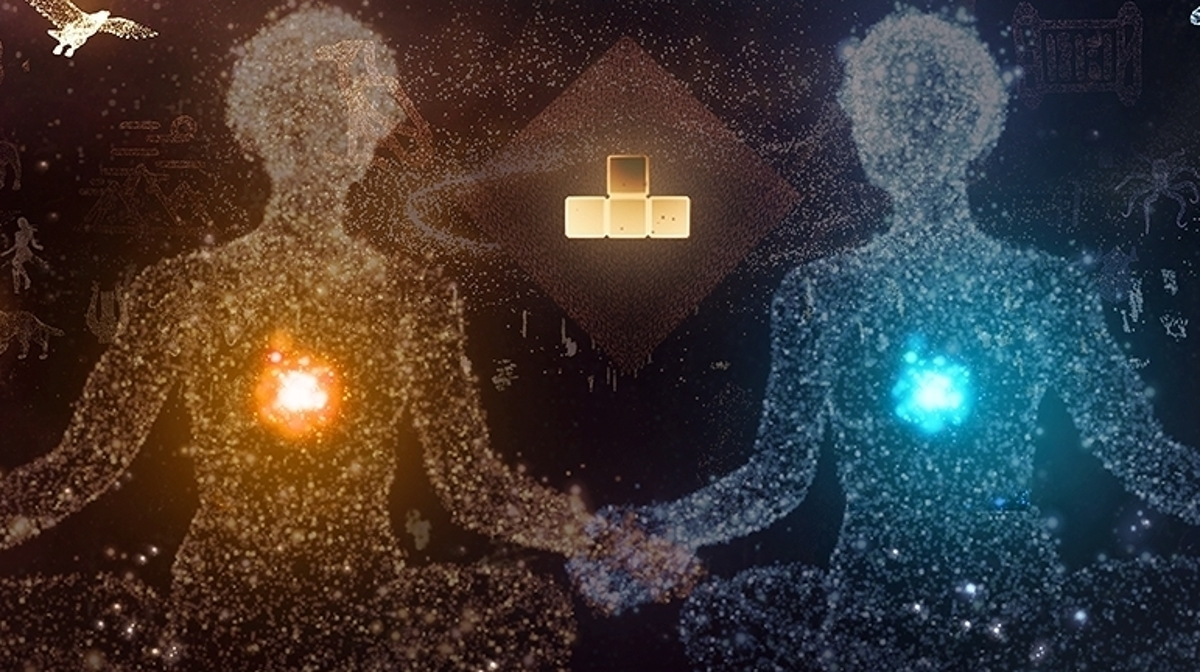
I know, I know. “It’s just Tetris.” That’s what I thought too. Boy, was I wrong.
Tetris Effect: Connected takes the basic Tetris formula and wraps it in this audiovisual experience that’s honestly kind of transcendent.
The music responds to your moves, the background visuals pulse with the rhythm, and before you know it, you’re in this weird flow state where time just disappears.
I had one session last month where I thought I’d been playing for maybe twenty minutes.
Turns out it was two hours. My coffee had gone completely cold, and I hadn’t even noticed.
That’s the power of this game, it just sucks you in.
The connected mode is pretty cool too. You’re playing with other people online, but it doesn’t feel competitive or stressful.
It’s more like… collaborative meditation? I don’t know how else to describe it.
Mobile Puzzle Games That Don’t Want Your Wallet

LIMBO still gives me chills. I first played it years ago on PC, but experiencing it on mobile with touch controls is actually pretty great.
The atmosphere is just as creepy and compelling as I remembered. Plus, dying doesn’t feel like punishment, it feels like learning.
I was playing it during a flight delay a few weeks ago, and I got so absorbed that I almost missed my boarding call.
The guy next to me was watching over my shoulder for like an hour.
When I finally solved this particularly tricky section, he actually said “nice job” out loud.
The Room series continues to be the gold standard for mobile puzzle games. These games make you feel like you’re actually manipulating physical objects.
The haptic feedback is so good that I sometimes forget I’m just touching a screen.
I’ve probably spent more money on The Room games than I care to admit, but they’re worth every penny.
There’s something deeply satisfying about slowly working through these intricate puzzle boxes.
It’s like being a detective, but instead of solving crimes, you’re unlocking mysterious contraptions.
Puzzle Games Made Me Question Reality
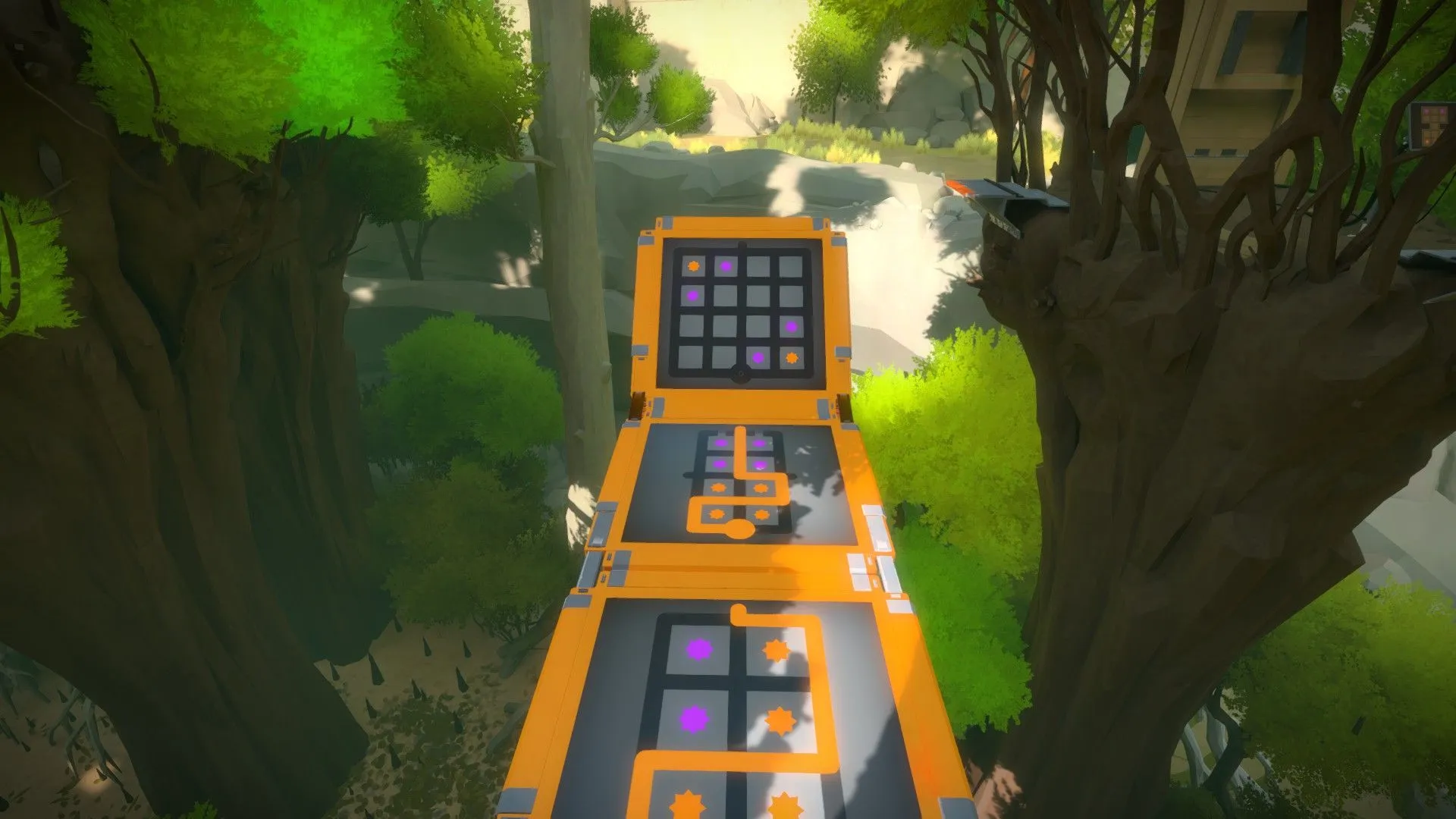
Some puzzle games are chill. Others want to tie your brain in knots and leave you questioning everything you thought you knew about logic and reality.
The Witness broke my brain in the best possible way. I spent probably forty hours with that game, and I’m still not sure I understood all of it.
The way it teaches you new puzzle mechanics without tutorials is genius. You just… figure it out through experimentation.
I remember the exact moment when one of the environmental puzzles clicked for me.
I was walking around this virtual island, and suddenly I noticed something in the landscape that I’d walked past dozens of times.
It was like seeing a stereogram picture for the first time, once you see it, you can’t unsee it.
The rules of the game are literally part of the puzzle. You can push around the words that define how everything behaves. It sounds simple, but it’s absolutely mind-bending.
When I finally solved it, I felt like I’d discovered some fundamental truth about the universe.
Puzzle Games That Bring People Together
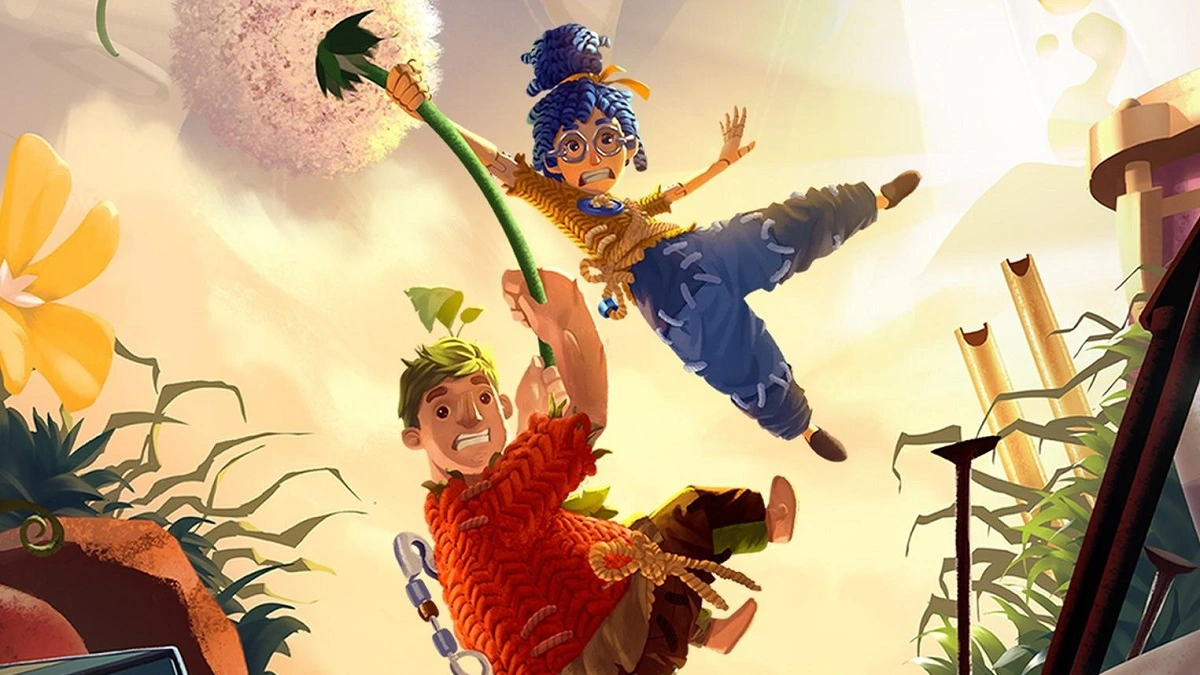
Most puzzle games are solo experiences, but some of my favorite gaming moments this year have been solving puzzles with other people.
It Takes Two showed me how cooperative puzzle-solving can create genuine moments of connection.
My partner and I played through the whole thing over a long weekend, and there were definitely moments where we got frustrated with each other.
But working through those challenges together made solving them even more satisfying.
There’s this one section where you have to coordinate your movements perfectly, and we must have failed it twenty times.
By the end, we were finishing each other’s sentences and moving in perfect sync. It was like a weird form of couples therapy, but with more explosions.
Keep Talking and Nobody Explodes is pure chaos in the best way. One person has a bomb to defuse, the other has the manual. You have to communicate clearly under pressure, and it’s hilarious when everything goes wrong.
We played this at my friend’s birthday party, and it became the main event. Everyone was shouting instructions, people were arguing about wire colors, and somehow we managed to defuse most of the bombs.
Why I Think Puzzle Games Matter
Look, I get it. Puzzle games aren’t the flashiest genre. They don’t have explosions or epic storylines or cutting-edge graphics.
But there’s something special about a really good puzzle game that you can’t get anywhere else.
When you solve a tough puzzle, your brain releases actual dopamine. It’s the same chemical reward you get from accomplishing something in real life.
So in a weird way, puzzle games are training your brain to enjoy problem-solving and persistence.
I’ve noticed that playing puzzle games regularly has made me better at breaking down complex problems at work.
You start seeing patterns, thinking about problems from different angles, approaching challenges more systematically.
Plus, puzzle games are perfect for those weird in-between moments in life. Waiting for the bus, sitting in a doctor’s office, avoiding work on a Friday afternoon, puzzle games fit into those spaces perfectly.
Finding Your Perfect Puzzle Game
Here’s the thing about puzzle games, everyone’s brain works differently. What clicks for me might not work for you, and that’s totally fine.
Some people love spatial puzzles, others prefer logic problems, and some folks are all about pattern recognition.
My advice? Try a bunch of different types and see what sticks. Don’t be afraid to bounce off a game that doesn’t work for you, there are plenty of others out there.
And don’t feel bad about looking up hints occasionally. Some puzzle games are deliberately obtuse, and there’s no shame in getting a little help when you’re stuck.
The Bottom Line
Puzzle games in 2025 are in a really good place. We’ve got everything from quick mobile time-killers to deep, complex experiences that’ll keep you busy for months.
The quality bar has never been higher, and developers are finally treating puzzle games with the respect they deserve.
Whether you’re looking for something to play during your commute or a game that’ll challenge you for weeks, there’s probably a perfect puzzle game out there waiting for you.
You just have to find it.
And trust me, when you do find that perfect puzzle game, the one that just clicks with how your brain works, you’ll know it immediately.

